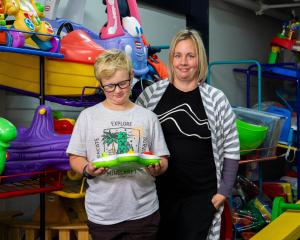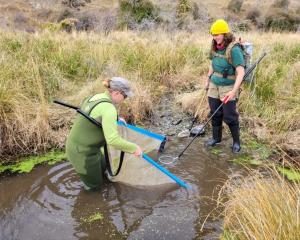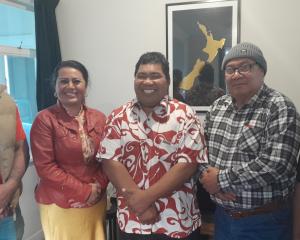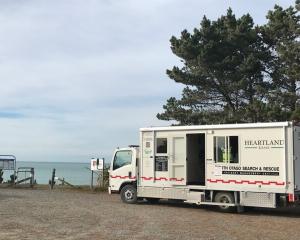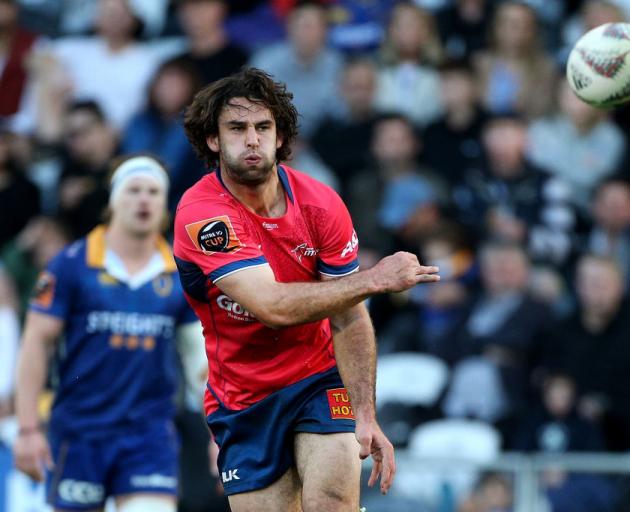
Mr Guyton, whose death is suspected to be self-inflicted, died last year aged 33, but a postmortem diagnosis was delivered to his family last week.
It showed evidence of brain damage — stage 2 chronic traumatic encephalopathy (CTE) — likely to be connected to repeated head knocks.
Members of the North Otago rugby community said they did not notice any change in Mr Guyton when he returned to North Otago three years ago.
North Otago Rugby Union chief executive Colin Jackson recognised Mr Guyton as ‘‘an outstanding talent, a great teammate and great club person’’.
Guyton was raised in Waimate and played 29 games for North Otago, which included in the Meads Cup-winning team in 2010.
After leaving the region, he played 52 games for Tasman and appeared for the Hurricanes, Crusaders and Blues in Super Rugby.
He also toured with the Ma ¯ori All Blacks in 2016.
Mr Jackson said Mr Guyton was ‘‘one of the best players to come through North Otago rugby’’.
‘‘You only have to look at what he did after he left here.’’
North Otago head coach Jason Forrest played alongside Mr Guyton for North Otago and when he was a player-coach with Excelsior.
‘‘He was one of my very good friends.
‘‘There was a big group of us that just did everything together. Those were my early days as a coach. He helped me out and I was helping him out at the same time.’’
He would always remember Mr Guyton as ‘‘a top man’’.
Mr Guyton’s death last year had a big impact on a lot of people, Mr Forrest said.
‘‘I walk in and see him on my board every day. He’s still a big part of me.’’
He hoped the CTE diagnosis could provide closure to his family.
‘‘At least they know there was something going on.’’
Both Mr Forrest and Mr Jackson believed rugby was heading in the right direction with how it approached concussions.
‘‘I would stick up for New Zealand Rugby in this. They are at the forefront of this, they’re not hiding anything,’’ Mr Jackson said.
‘‘You look at Super Rugby right now leading the way with the [smart] mouthguards and that sort of thing. New Zealand Rugby and Super Rugby franchises are all doing their part to make sure that, yes, we play a collision sport and it’s part of it unfortunately, but it’s not swept under the rug,’’ Mr Forrest said.
Following his retirement from rugby in 2018 due to repeated head knocks, Mr Guyton returned to Oamaru for a brief stint as Waitaki Boys’ High School director of sport in 2021.
During that time, neither Mr Forrest nor Mr Jackson noticed a change in his behaviour from when he was playing.

